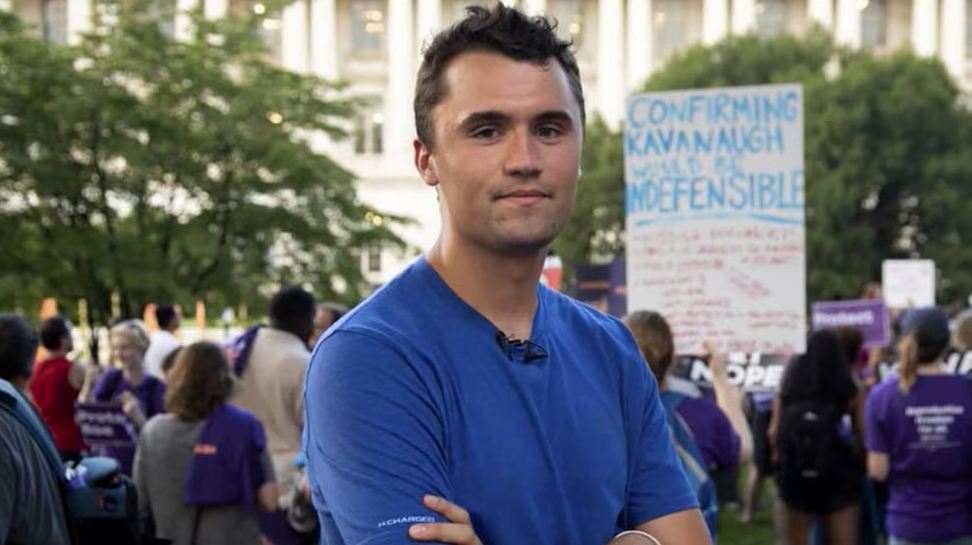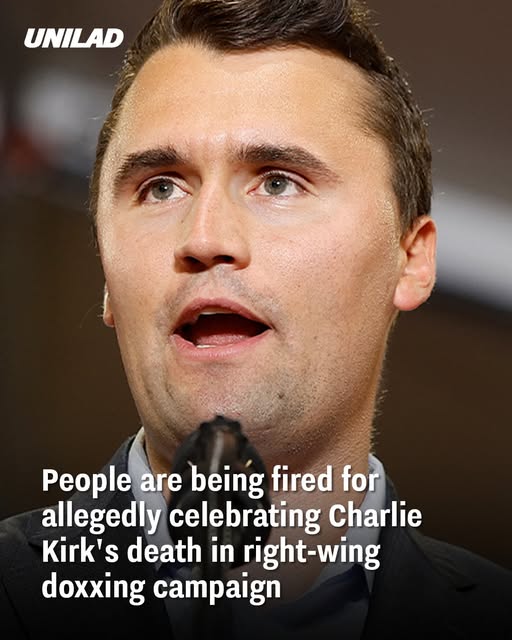On September 10, conservative activist Charlie Kirk was fatally shot while speaking at a campus event in Utah. His death stunned many, triggering strong reactions. In the wake of this tragedy, a number of people faced serious professional consequences because of what they posted online about the event. Some created posts that were critical, others made controversial statements. That led to backlash, discipline, suspensions, and firings.
The Doxxing Campaign
In response to comments about Kirk’s death, a campaign emerged to identify and publicly shame those who expressed anything deemed insensitive or harsh. A newly registered website, “Expose Charlie’s Murderers,” features full names, locations, employer information, and social media profiles of individuals who have made posts about Kirk’s death. Some were accused of celebrating his death; others simply criticized his beliefs. The online effort intensified after some far-right online activists began sharing and amplifying these posts, calling for accountability.

Who Was Affected
People from many walks of life have been impacted. Educators, employees of various organizations, analysts, and even communications staff in sports teams have faced consequences. Some were suspended, others lost their jobs entirely. For example, a university lecturer was fired after writing that it’s hard to feel much sympathy and bringing up school shootings. Another case involved a political analyst who described Kirk as a divisive public figure and accused him of using hateful rhetoric. The number of people affected continues to grow—estimates suggest dozens have been disciplined in this way. Many of the individuals caught up in the controversy are from states like California, Florida, Texas, Iowa, and Pennsylvania.
Employer Reactions and Institutional Responses
Employers in several sectors responded swiftly. Universities issued statements pointing out that remarks made were inconsistent with institutional values or undermined reputations. In one instance a university president said an employee’s social media post had eroded trust between the institution and its students and community and was therefore grounds for termination. One major comics publisher canceled a project by an author after their alleged celebration of Kirk’s death came to light. Organizations also issued formal apologies. News outlets criticized or distanced themselves from employees who made controversial statements. In some cases, workplaces emphasized that while people have freedom of expression, posts perceived as promoting violence or hatred clash with their standards of conduct.
Free Speech Debate
This dramatic backlash has sparked debates over free expression. Many argue individuals should be able to voice criticism without fear of losing their livelihood. Critics of the punitive approach warn that such consequences may chill open discussion and discourage people from speaking freely, especially about difficult or polarizing topics. Others counter that there are limits to acceptable speech, especially when statements are considered to condone violence or dehumanize others. Institutions defending their decisions argue that public-facing roles come with responsibility, and when remarks cross certain lines, there must be accountability.
Political and Social Fallout
Political figures reacted strongly. Some condemned the online ire, while others pushed for more severe measures: banning individuals from platforms, legal action, or permanent professional consequences. Calls were made for respect in how people discuss tragedy, no matter political affiliation. The events have also drawn attention to how polarized social media has become. What one person sees as critical commentary, another sees as hate speech. Social media platforms themselves have become arenas where online mobs, media invites, and reputational damage all collide.

Conclusion
The aftermath of Charlie Kirk’s assassination has shown the powerful interplay between tragedy, speech, social media, and professional risk. In just days, many people have lost jobs or been suspended because of online commentary. The intense reaction reflects two strong tendencies: a demand for accountability and a harsh intolerance for perceived insensitivity. But it also raises difficult questions about fairness, free speech, and where society draws the line between criticism and condemnation. One thing is certain: as public debate shifts ever more into digital spaces, what one says online can carry real, serious consequences in the offline world.

















